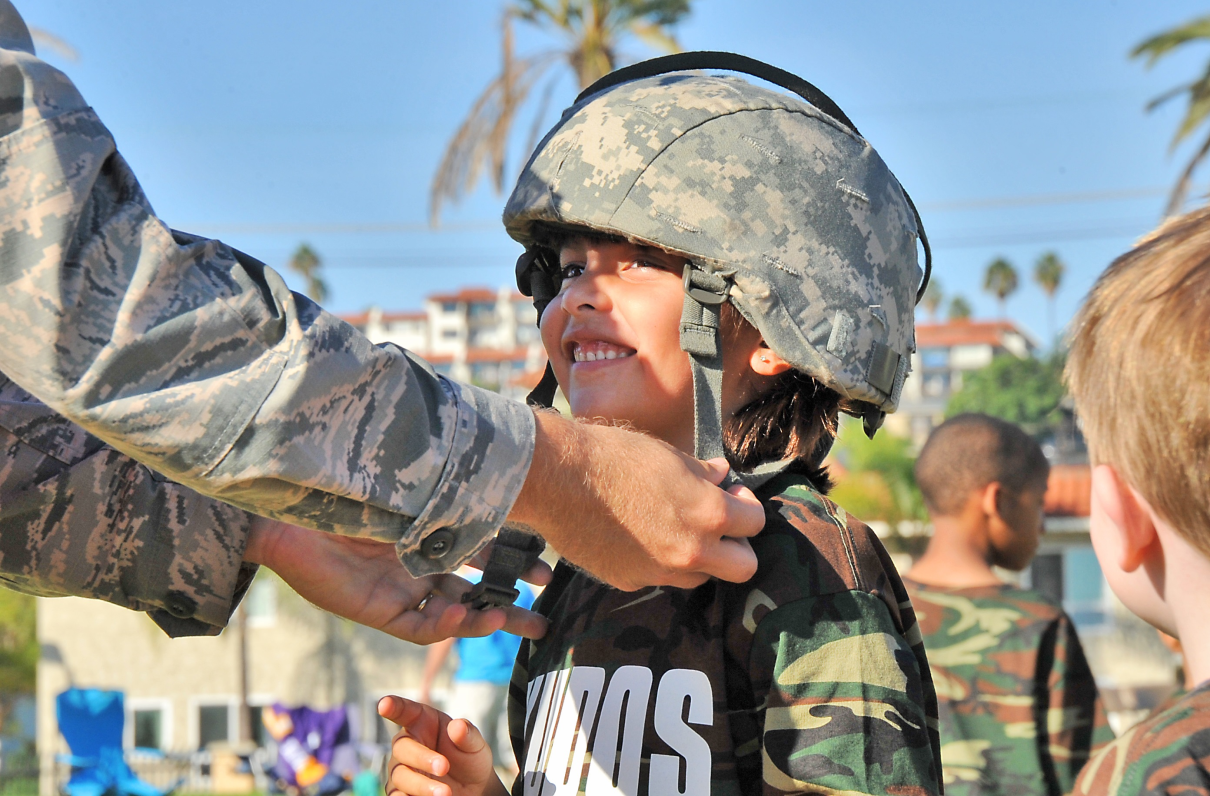Less than 58% of participants in a major survey of the military and veteran community would recommend military life, a figure that’s fallen from nearly 75% in just four years and may stem from other findings of dissatisfaction with health care and other service-earned benefits.
The Military Family Advisory Network (MFAN) recently published the findings from its 2023 Military Family Support Programming Survey, providing critical insights into the experiences and challenges faced by military and veteran families. With over 10,000 respondents, the survey offers a comprehensive look into various aspects of military life, highlighting significant trends and areas needing attention.
Here’s a sample of key findings:
Recommending Military Life
Similar to results from another recent survey, MFAN found an ongoing decline in the propensity to recommend military life. In 2019, 74.5% of respondents expressed a positive inclination toward recommending military life. However, this figure has dropped in recent surveys, to 62.9% in 2021 and again to 57.6% in 2023.
The survey reveals officer families, those who joined the military more than 16 years ago, and retiree families are more likely to recommend military life compared with enlisted families, newer servicemembers, and military families with children under 18.
[RELATED: What the House NDAA Would Mean for Military Families]
Well-Being and Health Care Satisfaction
Well-being indicators showed a split along similar lines. Retiree, veteran, and Guard and Reserve family respondents reported the highest levels of health care satisfaction. In contrast, active duty family respondents reported the lowest levels of satisfaction, particularly regarding access to appointments and continuity of care: More than 40% said they had a negative or very negative view of their ability to access appointments, for example, compared with 37.4% who had a positive or very positive view.
Food Security Concerns
Utilizing the U.S. Department of Agriculture (USDA) six-item short form food security scale, the survey uncovered 1 in 5 military and veteran family respondents have experienced food insecurity. Among active duty families, 9.8% reported facing very low food security, while 12.7% reported low food security. These findings underscore the need for improvements to the Basic Needs Allowance.
Child Care and Caregiver Support
Finding child care is a nationwide problem, so it’s probably no surprise the needs are significantly higher among currently serving families. More than 15% of active duty families report using the Flexible Spending Account (FSA) for child care, an initiative strongly advocated for by MOAA. Additionally, 30% have used the Military Child Care Subsidy. However, awareness of programs like FSA and child care fee assistance remains low, suggesting a need for improved communication and outreach.
[RELATED: Bipartisan Senate Bill Would Evaluate Military Family Relocation Assistance Programs]
Caregiver respondents reported substantial challenges, with over 30% indicating they had no support at all. This lack of support is strongly linked to poor family well-being, highlighting the critical need for enhanced caregiver resources and assistance.
Exceptional Family Member Program (EFMP)
On a positive note, more than a quarter of respondents enrolled in EFMP reported positive experiences, citing high-quality staff, ease of enrollment, clear communication, and no negative impact on the servicemember's career. This feedback reinforces the importance of maintaining and expanding successful support programs like EFMP.
Housing and Relocation Challenges
Housing remains a significant issue for military families. Over half of the families who have relocated in the past two years have reported difficulty finding a place to live, with most spending between $500 and $1,000 out of pocket on moving expenses – money that’s not reimbursed by the military.
Despite annual increases to Basic Allowance for Housing (BAH) rates, 70% of respondents indicated these increases had no positive impact on their financial situation, as they were offset by inflation and higher costs in specific regions of the country. Furthermore, over 80% of currently serving respondents reported being “housing burdened,” paying more than they could comfortably afford, with 53% paying over $251 out of pocket monthly.
[ACT NOW: Urge Lawmakers to Support BAH Restoration]
Employment Challenges for Spouses
The survey also reconfirmed the 20%-plus unemployment rate among military spouses who are actively seeking work. This decades-old statistic highlights the need for Congress to pass MOAA-backed legislation, including the Military Spouse Hiring Act and the READINESS Act, to ensure all available policy levers are working toward a solution.
[RELATED: Spouse Employment: Meaningful Change Will Require Real Commitment]
The MFAN survey provides valuable insights into military family life, highlighting both challenges and areas of improvement. The report concludes with three broad recommendations that would provide DoD the opportunity to show servicemembers and their families that “Mission first, people always” isn’t just a talking point:
- Re-evaluate compensation to accommodate for compounding and perennial issues impacting military compensation.
- Modernize how families serve and how they are supported.
- Shift to a proactive posture and holistic solutions.
Read more about the recommendations and get more details on the survey at this link.
Support Military Spouses
Donate to The MOAA Foundation and support MOAA’s efforts to help military spouses in their career journeys.

